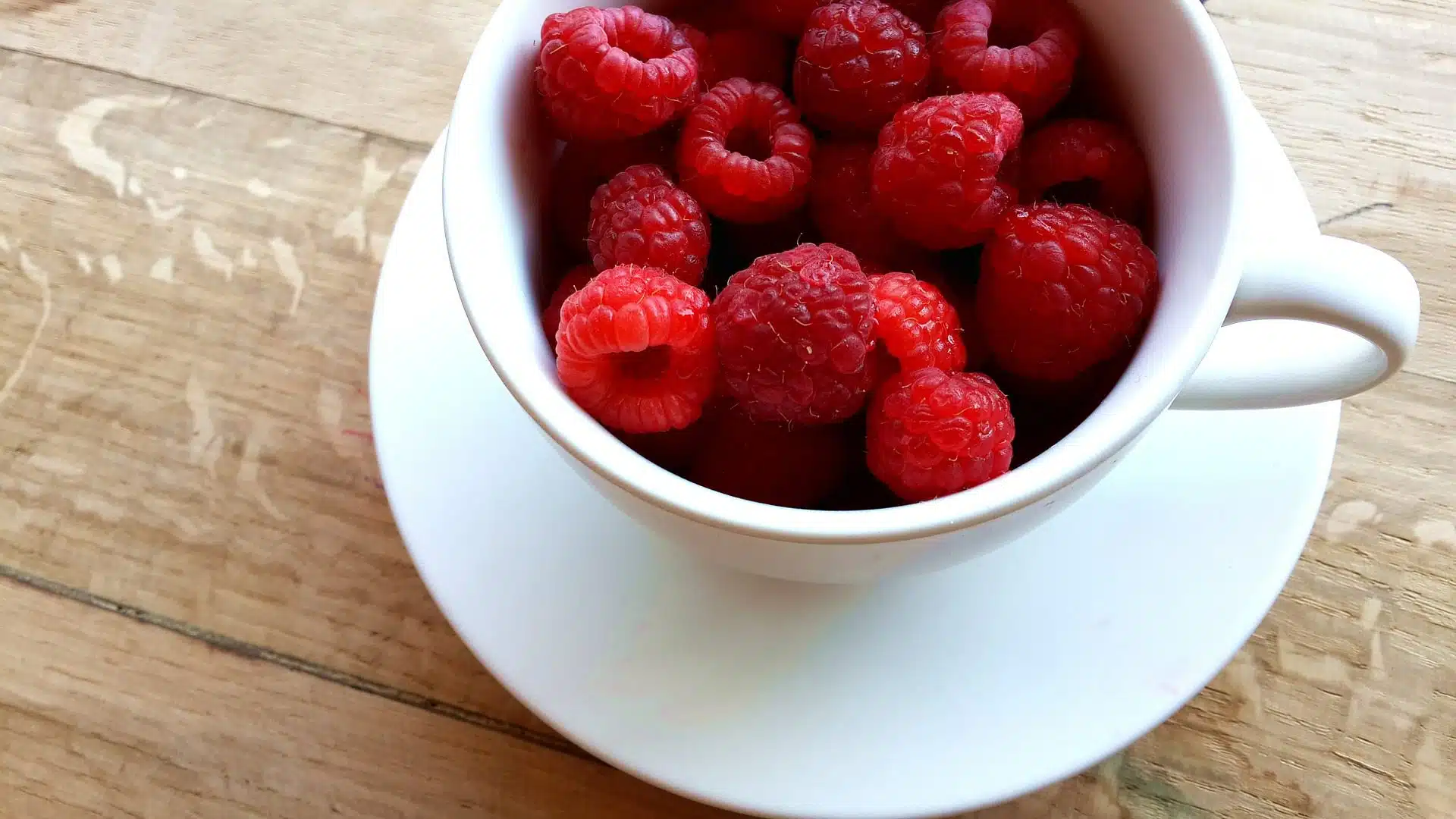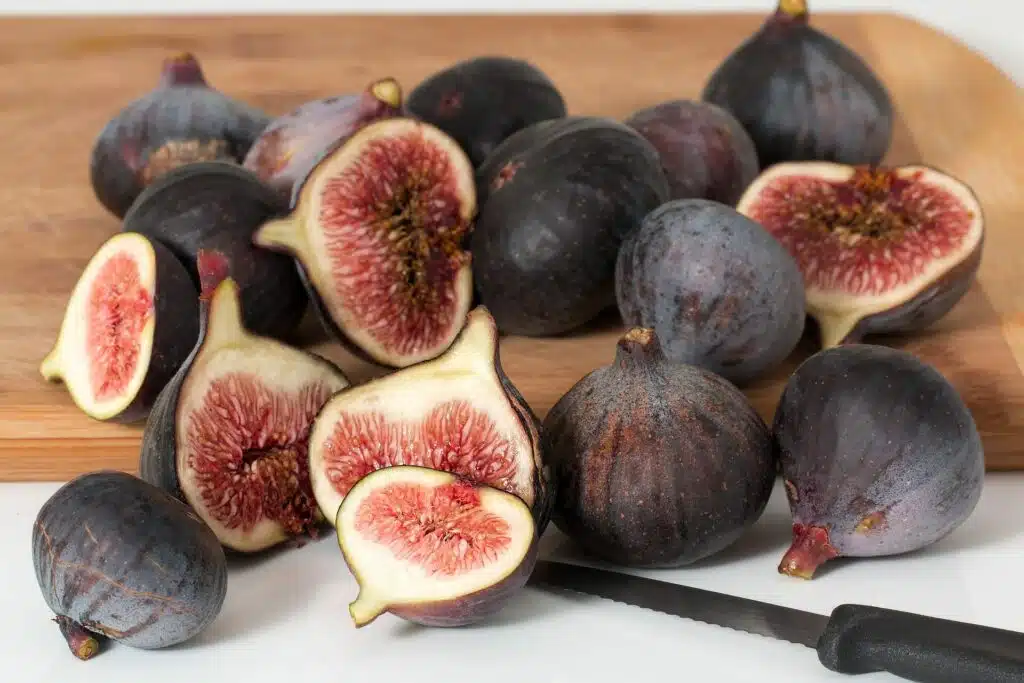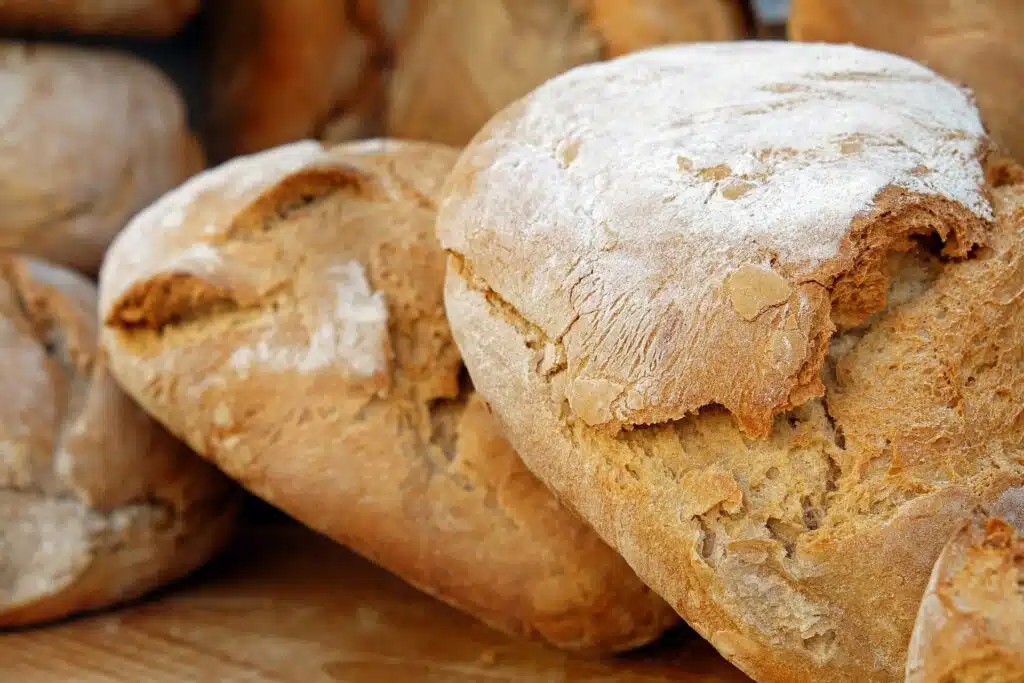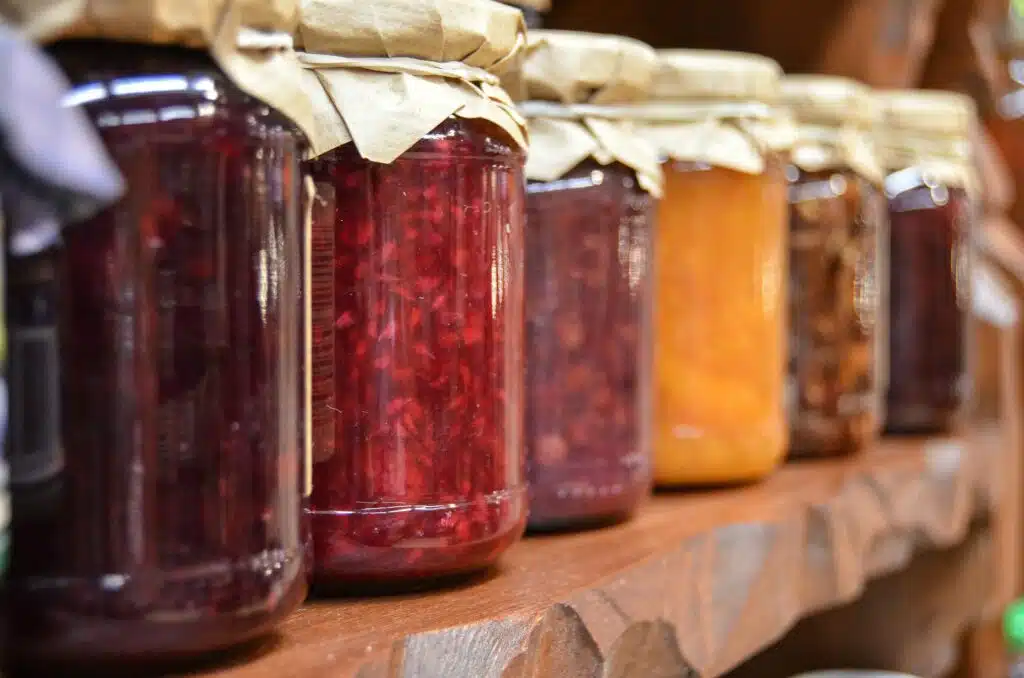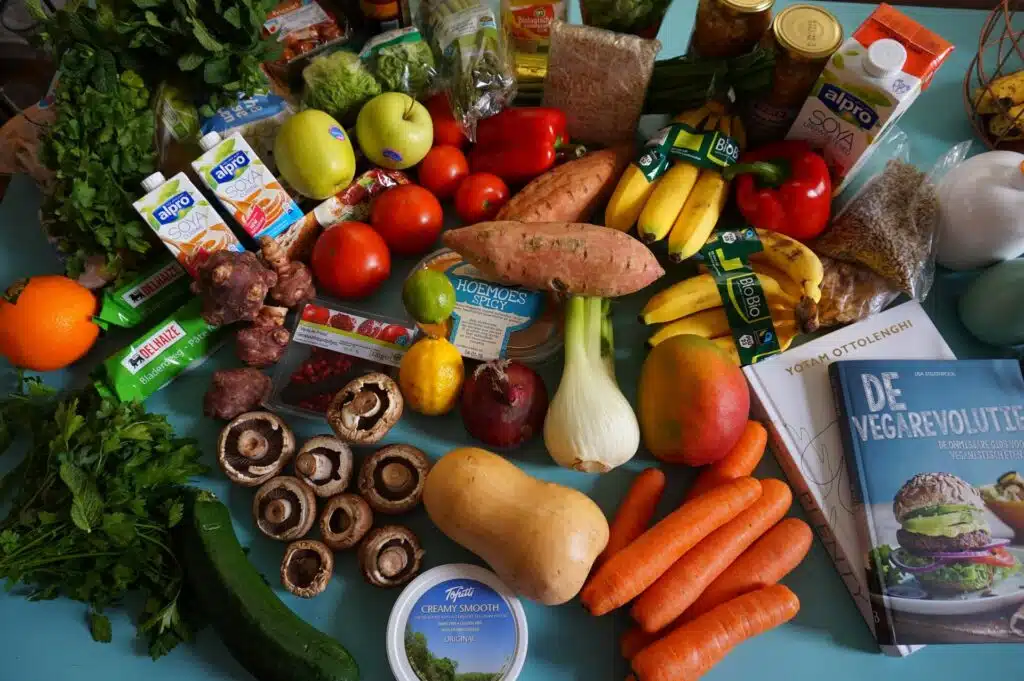***This post contains affiliate links. We may receive a small commission at no additional cost to you.***
Food waste is one of our biggest pet peeves and unfortunately, we’re guilty of it more often than we’d like to admit. Throwing food in the trash simply because it got pushed to the back of the fridge or forgotten in the recesses of the pantry seems irresponsible, and it’s not something we’re proud of. But things happen and while it’s not a crime, we feel like we can do better.
We recently read this article from The Washington Post and it definitely had some surprising information. To sum it up, Scott Nash, an environmentalist and a man with over 30 years in the grocery business, ate “expired” food for a year to test the validity of “sell-by” and “use-by” dates. And when we say “expired”, we’re not kidding. He ate yogurt three months past the listed date, tortillas a year past the best-buy date and heavy cream two months past the sell-by date to name just a few.
While we applaud Mr. Nash and his commitment to highlighting the questionable aspects of Food Product Dating, we think we’ll leave the experimentation to him. But the fact is, food waste is a huge problem for the planet. According to the article, The Truth Behind the Sell-By Date, Americans throw away $161 billion worth of food which contributes to greenhouse gases through the release of methane in landfills.
So if we want to avoid eating expired food (even if it’s theoretically safe) what is our option? As with all things organizing, systems are crucial. We have three tips that can help you use food in a timely manner.
1.) Visibility
Being able to see what you actually have in your cabinets, pantry and fridge is essential. If it’s not visible, it will be forgotten and it’ll end up in the trash. We highly recommend clear containers (glass when possible) and making sure that leftovers stay front and center. One of the best ways to make sure food gets eaten is to have a “Eat Me First” bin in your fridge. It lets your family know what has to be consumed before anything else can be opened. You can do the same thing in your pantry so that unsealed bags of chips or snacks get eaten first.
2.) Avoid Buying in Excess
When you’re grocery shopping, one important way to avoid food waste is to not overbuy. It probably seems obvious, but we’re definitely guilty of thinking that if we buy just a few more things, or more of a particular item, we may be able to avoid shopping as often. But the fact of the matter is an extra head of broccoli will probably just end up wilting and going bad in the drawer. Be particularly careful with fresh fruits and vegetables. It’s easy to convince yourself that those foods will be eaten because they’re healthy, but too much of a good thing is still too much.
3.) Plan Ahead
Taking some time each week to figure out what food you’ll need will prevent a huge amount of food waste. If you have your meals planned out, you’ll be less likely to make impulse buys at the store. Make sure you always shop with a list because winging it is never a good idea. Also, shopping when you’re hungry can definitely lead to overbuying, so if at all possible, try to avoid it.
With some good systems in place and a little thoughtful planning, you can avoid wasting food without resorting to eating months old yogurt! Not only will you be helping the planet, you’ll save yourself some serious cash and prevent a guilty conscious as well. That’s a win win in our book!

















